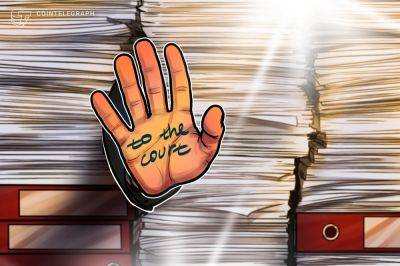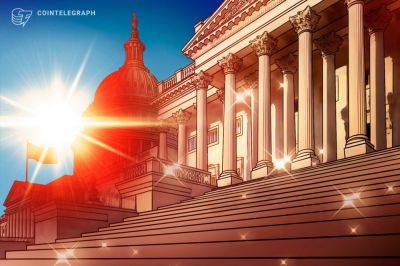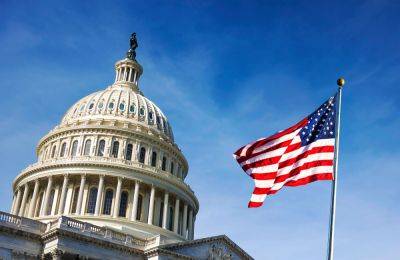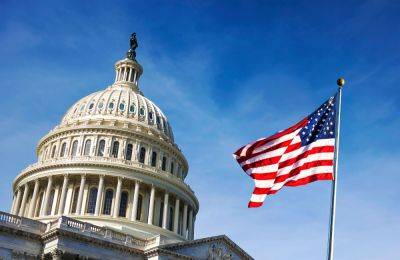Industry leaders and policymakers weigh in on a potential US gov't shutdown
The United States House of Representatives has rejected a bill passed on by the Senate aimed at funding the government, and Speaker Kevin McCarthy’s proposals have so far failed to gain traction with far-right lawmakers in the House — all actions suggesting that the U.S. government is heading toward at least a partial shutdown starting on Oct. 1.
A U.S. government shutdown, which occurs when Congress fails to pass legislation for funding for the next fiscal year, would effectively stop all federal agencies and departments from doing anything considered “non-essential”. Even if the shutdown were to only be a matter of hours — one in February 2018 lasted less than a day — crypto bills may take a backseat to other policies among lawmakers once activities resume.
Bills for the good or ill of digital assets would be halted amid a shutdown, and financial regulators including the Securities and Exchange Commission (SEC) and Commodity Futures Trading Commission would be running on a skeleton crew. Following a 2019 shutdown, Cointelegraph reported SEC officials had limited capabilities for enforcement and oversight.
“[I]n the aftermath of a shutdown, it is unclear what issues will rise to the top of the priority list in terms of gathering Congressional interest,” Sheila Warren, CEO of the Crypto Council for Innovation told Cointelegraph. “Apart from funding the government, Congress faces a number of statutory deadlines which will require additional legislative action before the end of the year.“
In July, lawmakers with the House Financial Services Committee voted to pass the Financial Innovation and Technology for the 21st Century Act (FIT), the Blockchain Regulatory Certainty Act, the Clarity for Payment Stablecoins Act and the Keep
Read more on cointelegraph.com
 cointelegraph.com
cointelegraph.com



















